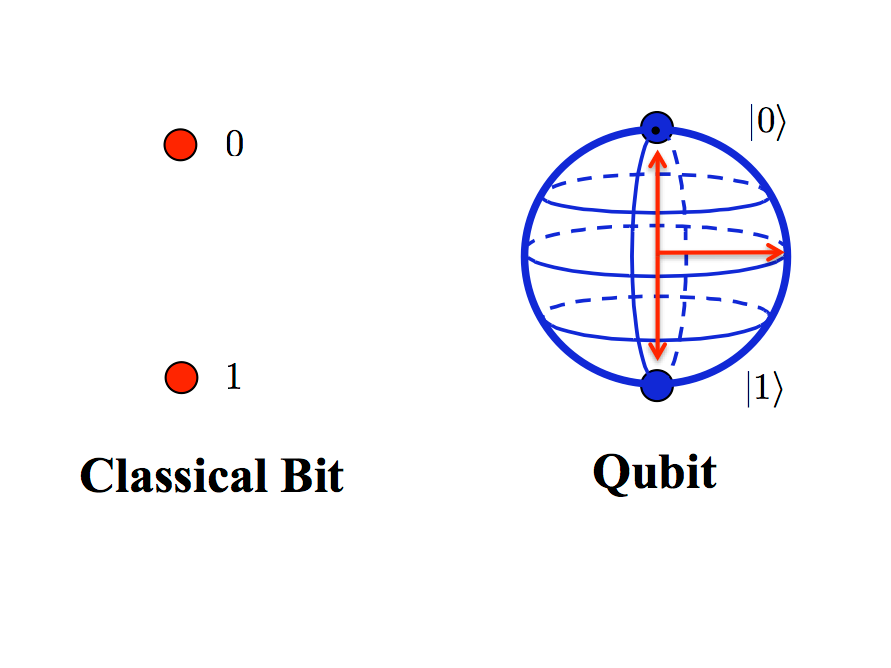Why Google’s quantum computing ‘breakthrough’ could be about to change everything
Supremacy means some of the universe's biggest questions could finally be answered
If a leaked Google research paper is to be believed, a revolutionary new form of computer has just performed a calculation that was previously impossible on even the most powerful of modern supercomputers.
Researchers working on one of the technology giant’s quantum computers achieved what is known as quantum supremacy, the paper claims, thus heralding a new era of incomprehensibly powerful machines.
In their experiments, a calculation that would take traditional supercomputers approximately 10,000 years to perform took Google’s quantum computer just 200 seconds. “To our knowledge,” the paper stated, “this experiment marks the first computation that can only be performed on a quantum processor”.
The computation involved checking whether a large set of numbers is truly random – known as a random sampling problem – and for now is only a proof-of-concept test. It may not have many immediate practical uses beyond figuring out random numbers, but the eventual implications are world-changing.
What is a quantum computer?
First theorised by the physicist Richard Feynman in 1982, quantum computers are fundamentally different to classical computers in the way they transfer and store data.
Rather than using traditional bits – the ‘1’s’ and ‘0’s’ used in digital communications – quantum computers make use of qubits.

These exist in a state of superposition, meaning they can act as a ‘1’ and a ‘0’ at the same time.
By doing so, each new qubit that is added to a quantum computing system makes it exponentially more powerful than classical computers.
Who is working on them and why?
Beyond Google, many of the world’s largest companies are currently developing quantum computing systems.
Technology firms like IBM, Intel and Microsoft are building their own machines and investing huge amounts of resources to not miss out on the next computing revolution.
Smaller firms like Canada’s D-Wave are also building quantum computers, which organisations like Nasa and the CIA are reportedly using.
The extraordinary potential of quantum computers mean they could be used to transform everything from cyber security and communications, to healthcare and weather forecasting.
What else are quantum computers capable of?
Physicist David Deutsch, one of the early pioneers of quantum computers, once famously claimed that they could solve problems that would take today’s computers longer than the age of the universe to solve.
Google’s leaked research paper may only have been a proof of concept, but it does hypothesise that the quantum chip could one day be used to simulate scientific experiments that would be too costly or impractical to perform in real life.
Another use case could be in city planning, where vast amounts of variables like weather and population spikes can affect the city’s infrastructure. By simulating all the variables, town planners would be able to figure out ways to eliminate traffic congestion and pollution issues – or at least understand them better.
But if they could simulate entire cities, then why not entire universes? This was the question posed by MIT professor Seth Lloyd, who suggested that the world we exist in is in fact a giant quantum computer.
Beyond theories that we are actually living inside The Matrix, this ability to perform complex simulations could eventually see quantum computers simulate the beginnings of the universe and maybe one day answer some of science’s most puzzling questions.
Join our commenting forum
Join thought-provoking conversations, follow other Independent readers and see their replies
Comments